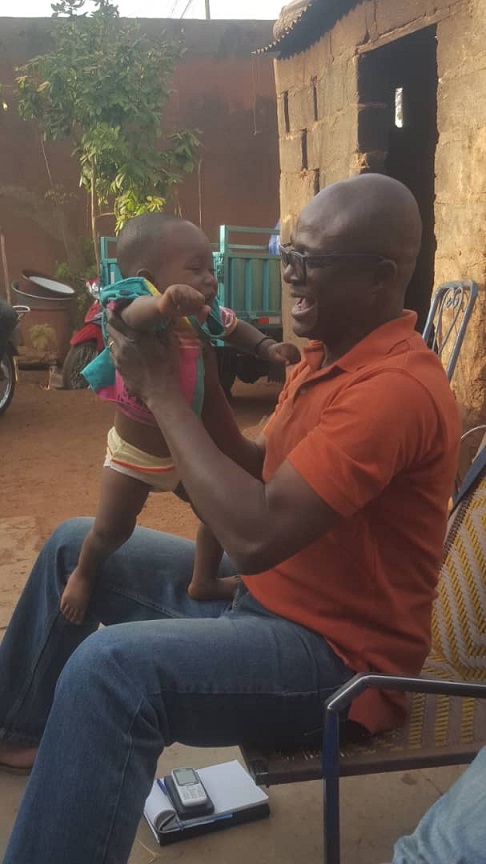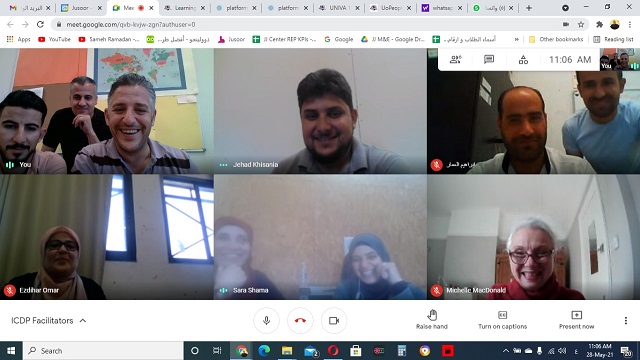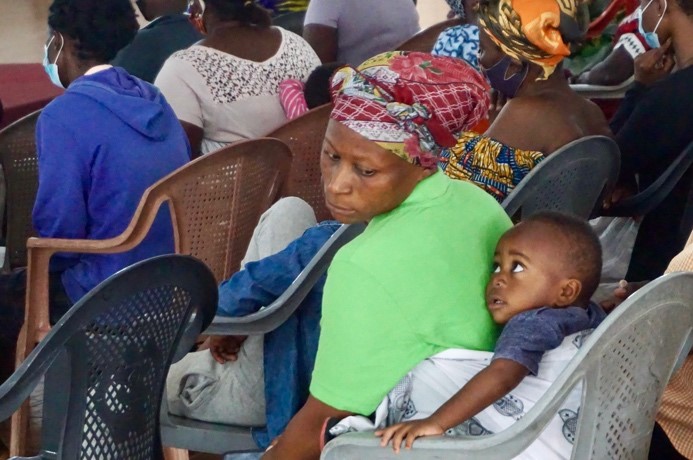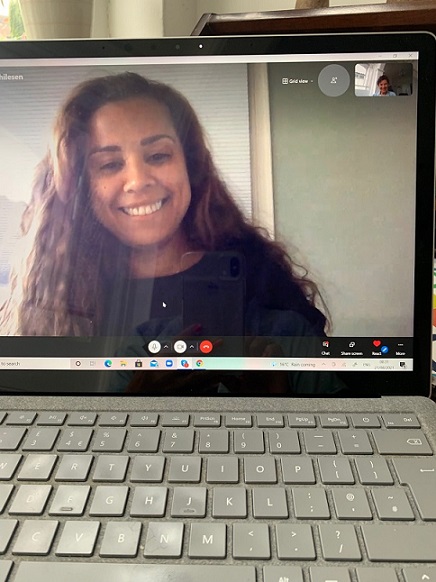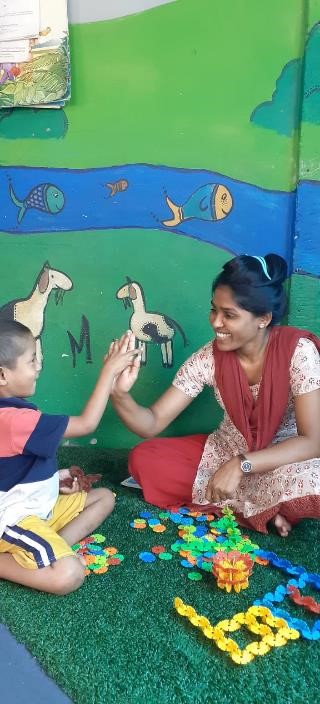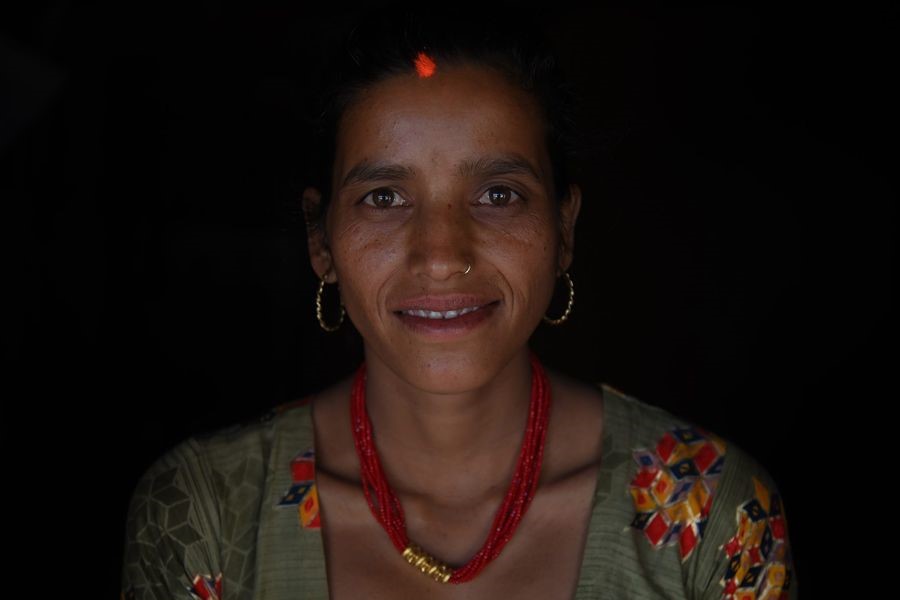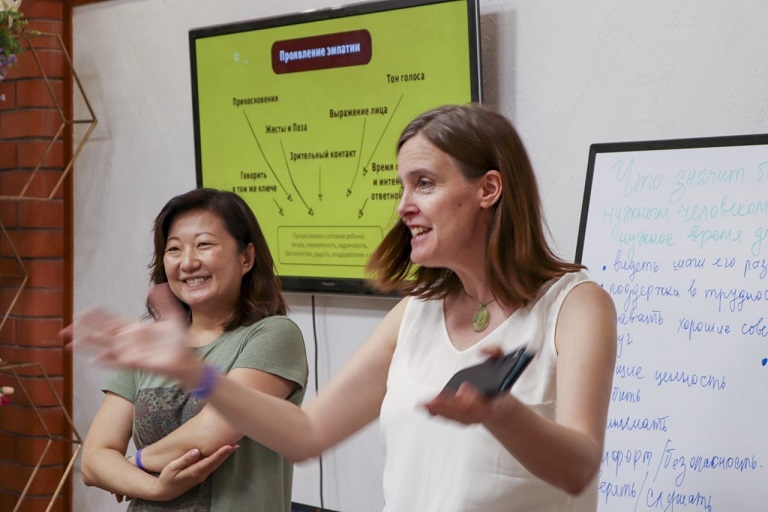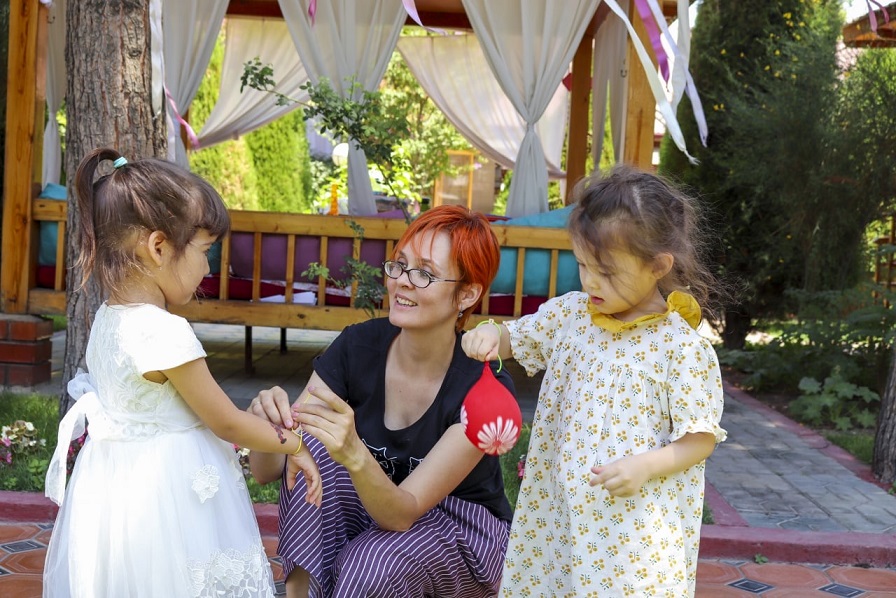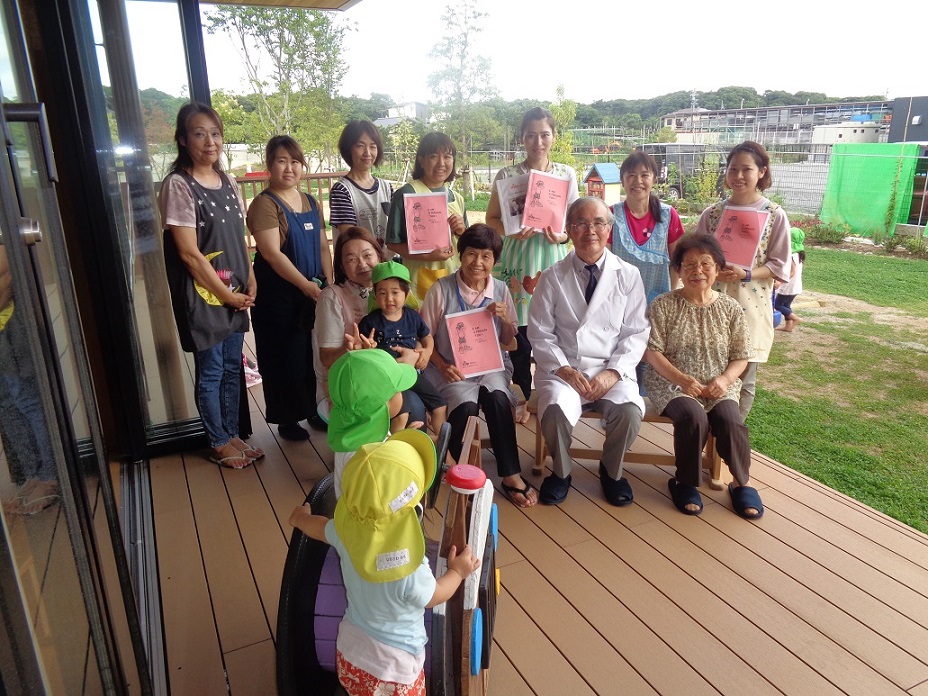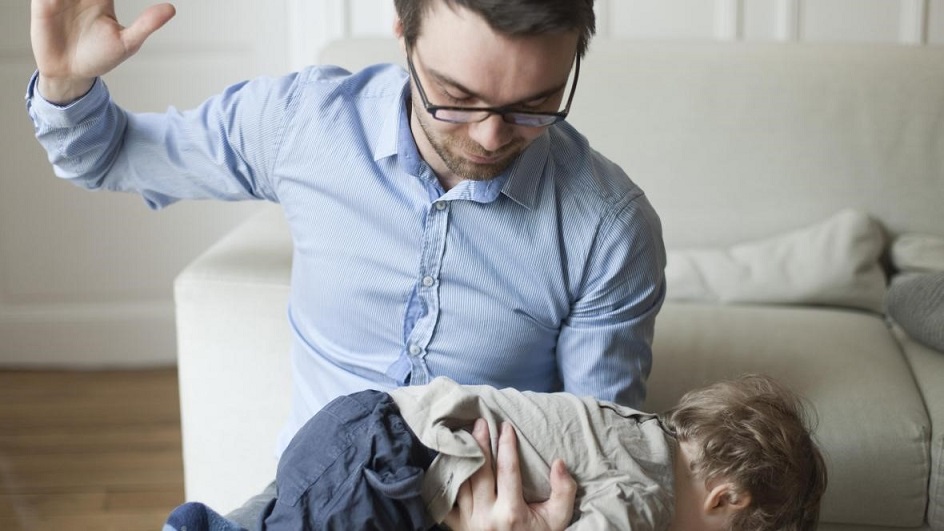October 2021
Update from Aubin Sanou, ICDP trainer and educator at Save the Children Burkina Faso (SC):
The ICDP activities are going well here on the ground. As part of the project activities, I have trained three new facilitators at SC, as well as a group of ten new facilitators, who are implementing the ICDP progarmme through different organizations in partnershiop with SC.
The new team of facilitators participated in the ICDP work of the old team of facilitators, by accompanying them in their field work. This made the process of their training a lot easier.
Alimata Sidibe who has been working closely with me as an ICDP trainer, has left SC; however, the new facilitators received coaching from other technical advisors at SC who had previously received training in ICDP in 2020.
During the training I used simulations of ICDP meetings with caregivers, in order to observe the application of the seven principles of sensitization – and this was useful as a method of learning.
The evaluation of the training was positive, all facilitators found ICDP training and its topics relevant to their work. Some of the comments from trained facilitators:
“Very impeccable training. This will allow the parents and ourselves to live better in our families. Congratulations to the trainers and to all the participants.”
“I learned a lot from this training. I will try as best as possible to implement the programme.”
“I was very happy to have taken part in this training because it enlightened me on a lot of things. I udnerstand parenting skills very well now.”
“I especially liked the group work because it made it possible to apply the training received in a concrete way.”
“The trainers have the right techniques to get the message across.”
“With regard to the content of the modules, this training must be perpetuated even after the project finishes. Also, a good follow-up will allow it to be extended to other programmes or projects.”
“The training was beneficial; it fulfilled a real need – greatly appreciated.”
“The training was really good; we received a lot of knowledge on parenting skills. This knowledge on parenting skills, this knowledge will be applied in the field. Thank you so much.”
“The training was well worth it. The programme was enriching.”
“The 8 guidelines and 7 principles of the ICDP programme will help us develop a good emotional, social and constructive relationship with children.”

